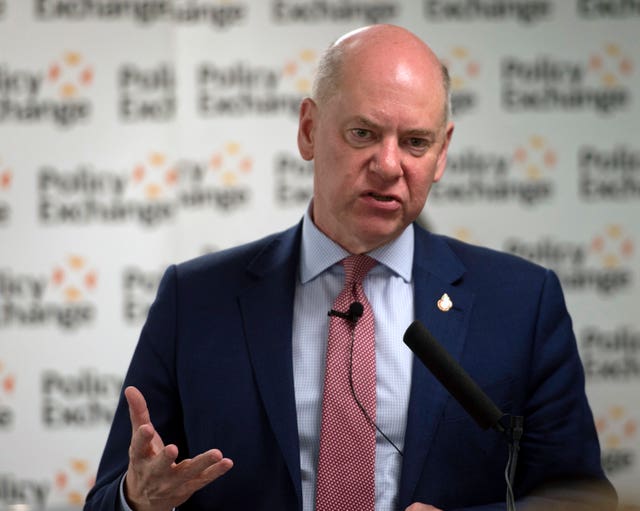There has been public “disquiet” about the behaviour of ministers after the Priti Patel bullying controversy.
The chairman of the Committee on Standards in Public Life said he had received messages expressing “concern” about ministerial conduct following a “number of high-profile cases”.
His comments were prompted by a question from MPs about the public reaction to Home Secretary Ms Patel and Education Secretary Gavin Williamson remaining in their Cabinet jobs following criticism of their behaviour and performance respectively.
There were calls for Mr Williamson to be sacked after the summer A-level results fiasco, while dismay greeted Boris Johnson’s decision to back Ms Patel after she was found to have engaged in bullying behaviour towards Home Office staff.
Mr Johnson stood by Ms Patel after Sir Alex Allan, the Prime Minister’s adviser on ministerial standards, found she had shouted and sworn at staff and concluded that the Home Secretary had breached the ministerial code.
Public standards
Lord Evans, a former head of MI5, is due to conduct an inquiry into public standards, with a review of the ministerial code to form part of the probe.
Asked by the Public Administration and Constitutional Affairs Committee whether “lasting damage” had been done by the Patel affair, the standards watchdog chief said: “I think there has been concern over this last period because of the number of high-profile cases.
“Why do I say that? Partly because of media coverage, but that’s always the case.
“But also, we have had a very large number of emails and messages to our own website and so there is a concern out there.
“Judging from our mailbox, there is disquiet among quite a number of people.”

Giving evidence to MPs on Tuesday, he reiterated his assertion that the process for reviewing a minister’s conduct could be taken away from the Prime Minister in a bid to remove the politics from any decision over whether the code had been broken.
Ministerial code
Lord Evans told the Commons committee: “I think an aspect that is at least worth considering is how you respond to alleged breaches of the ministerial code, because at present the procedure is that the Prime Minister… is the person who decides whether there should be an investigation and then decides what the response to that should be.
“That inevitably puts the Prime Minister in a slightly invidious position because, on the one hand, there may be political pressure or a political need to defend a minister and, on the other hand, there is the responsibility to uphold standards, so you’re facing in two directions potentially as the Prime Minister on this.”
He said independent processes in the Commons and the Lords when looking at alleged breaches of codes of conduct had “commanded quite a lot of support” in recent years because it “depersonalises and, to some extent, depoliticises” the process.
“There is an argument that says that perhaps the decision to investigate allegations under the ministerial code might be done independently,” Lord Evans added.
Related: Pressure mounts on Patel to cancel “dangerous and wrong” deportation flight

